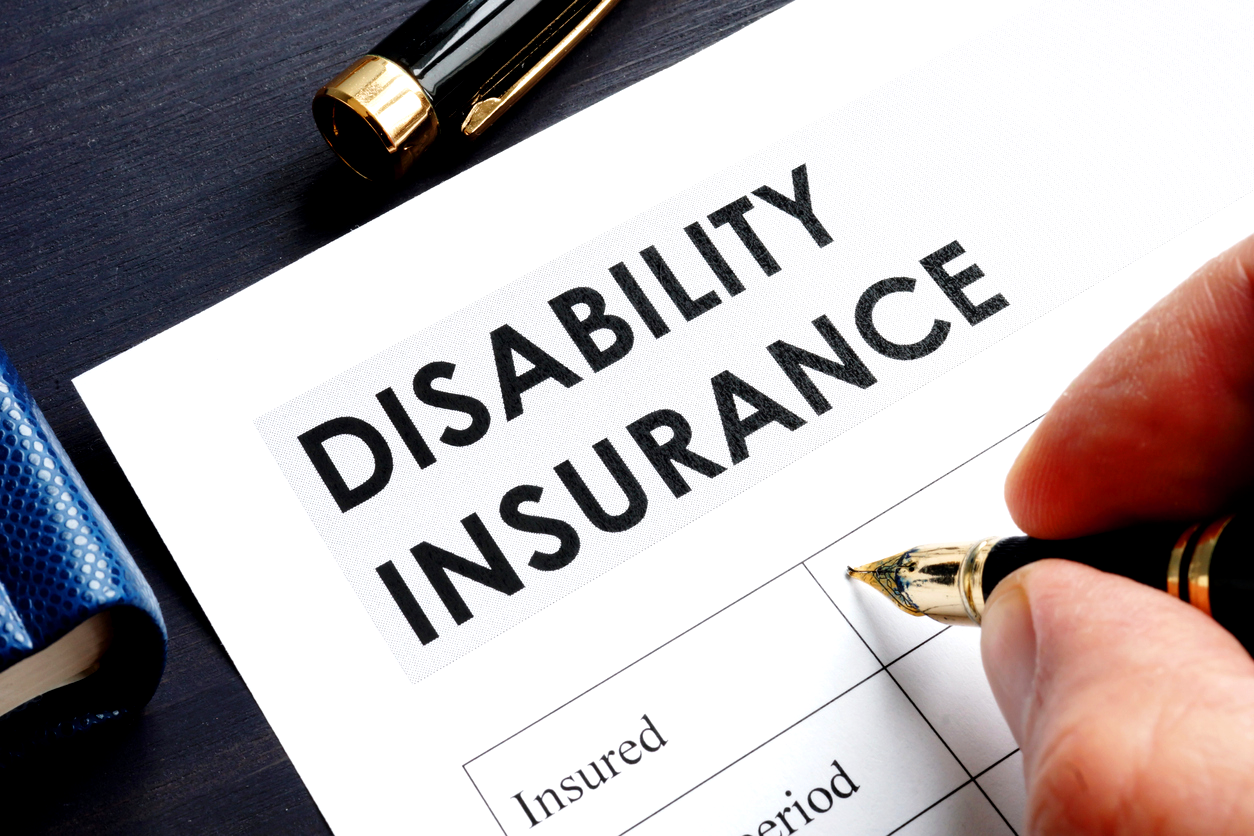Top 5 Car Loan Tips for Youngsters

Why Youngsters Should Consider Car Loans
Car Loan Tips: A car isn’t just a means of transportation; it’s a gateway to freedom, especially for young people. The decision to purchase a car often signifies a transition into adulthood. However, paying the full amount upfront can be challenging with sky-high car prices. This is where car loans come into play. Youngsters can greatly benefit from car loans, allowing them to own a vehicle without emptying their bank accounts all at once.
Importance of Being Financially Savvy
But wait, there’s more to it than just signing a few papers. For young people, diving into the financial world of credit scores, interest rates, and loan terms can be intimidating. But learning the ropes can set you up for future financial success. A well-informed decision can save you a lot of money and stress in the long run. So, shall we dig deeper?
The Fundamentals of Car Loans
What is a Car Loan?
Let’s start with the basics. A car loan is a financial agreement between you and a lender. In this arrangement, the lender provides the funds to purchase the car, and you agree to pay it back over time with interest. Think of it as an adult version of borrowing lunch money from a friend—except now, the stakes are higher, and your credit score is on the line.
Types of Car Loans
Broadly speaking, car loans come in two flavors: secured and unsecured.
Secured Loans
In a secured loan, the car itself serves as collateral. If you fail to make payments, the lender can repossess your car. While losing your car is scary, secured loans generally offer lower interest rates.
Unsecured Loans
An unsecured loan is a bit like a leap of faith for the lender. No collateral is involved, so if you default, there’s nothing for them to repossess. Because of this added risk, interest rates are generally higher.
Read More: https://lawyermag.co.uk/what-happens-if-the-car-insurance-policy-lapses/
Top 5 Car Loan Tips for Youngsters
Assess Your Financial Situation
Before getting into any financial commitment, take stock of your economic landscape.
Calculate Your Budget
A rule of thumb is not to exceed 15-20% of your monthly take-home pay for car expenses. Use online calculators to get a ballpark figure of what you can afford.
Understand Your Credit Score
Knowing your credit score is essential. A high score could qualify you for lower interest rates, meaning you’ll pay less over time. Several online platforms offer free credit score checks.
Shop Around for the Best Rates
Imagine shopping for jeans; try different styles and sizes before buying. Do the same with car loans. Financial institutions, credit unions, and online lenders often offer different rates. A small difference in the interest rate can significantly impact over time.
Go for Shorter Loan Terms
While a longer loan term may offer lower monthly payments, you’ll pay more in interest over time. So, think short and sweet for loan terms.
Make a Significant Down Payment
A hefty down payment reduces the total loan amount, reducing your financial burden. It could also qualify you for lower interest rates.
Read the Fine Print
It’s tedious but crucial. Understand all the terms and conditions before you sign. Look out for any hidden fees or penalties that could surprise you later.
Additional Considerations
Co-signers and Guarantors
If you’re struggling to get approved for a loan due to a limited credit history, a co-signer can help. But remember, your actions will directly affect their financial standing as well.
Hidden Fees and Penalties
Some loans come with unpleasant surprises like early repayment fees or hefty penalties for missed payments. Make sure to clarify these aspects upfront.
Conclusion
Getting your first car is exciting, but taking on a car loan is a serious financial commitment. Make well-informed decisions to avoid turning your dream car into a financial burden. Your future self will be grateful for the foresight and planning. For more in-depth advice, visit Investopedia’s Guide on Car Loans.
FAQs
- What is a good credit score for a car loan?
- Scores above 700 usually fetch the best rates.
- How much should my down payment be?
- Ideally, aim for at least a 20% down payment.
- Is it better to get a loan from the dealership or a bank?
- Compare both, as dealerships sometimes offer promotional financing.
- What are the risks of getting a co-signer?
- The co-signer’s credit is at risk if you default on the loan.
- Are there alternatives to car loans?
- Leasing is an option, but it has its own pros and cons.







